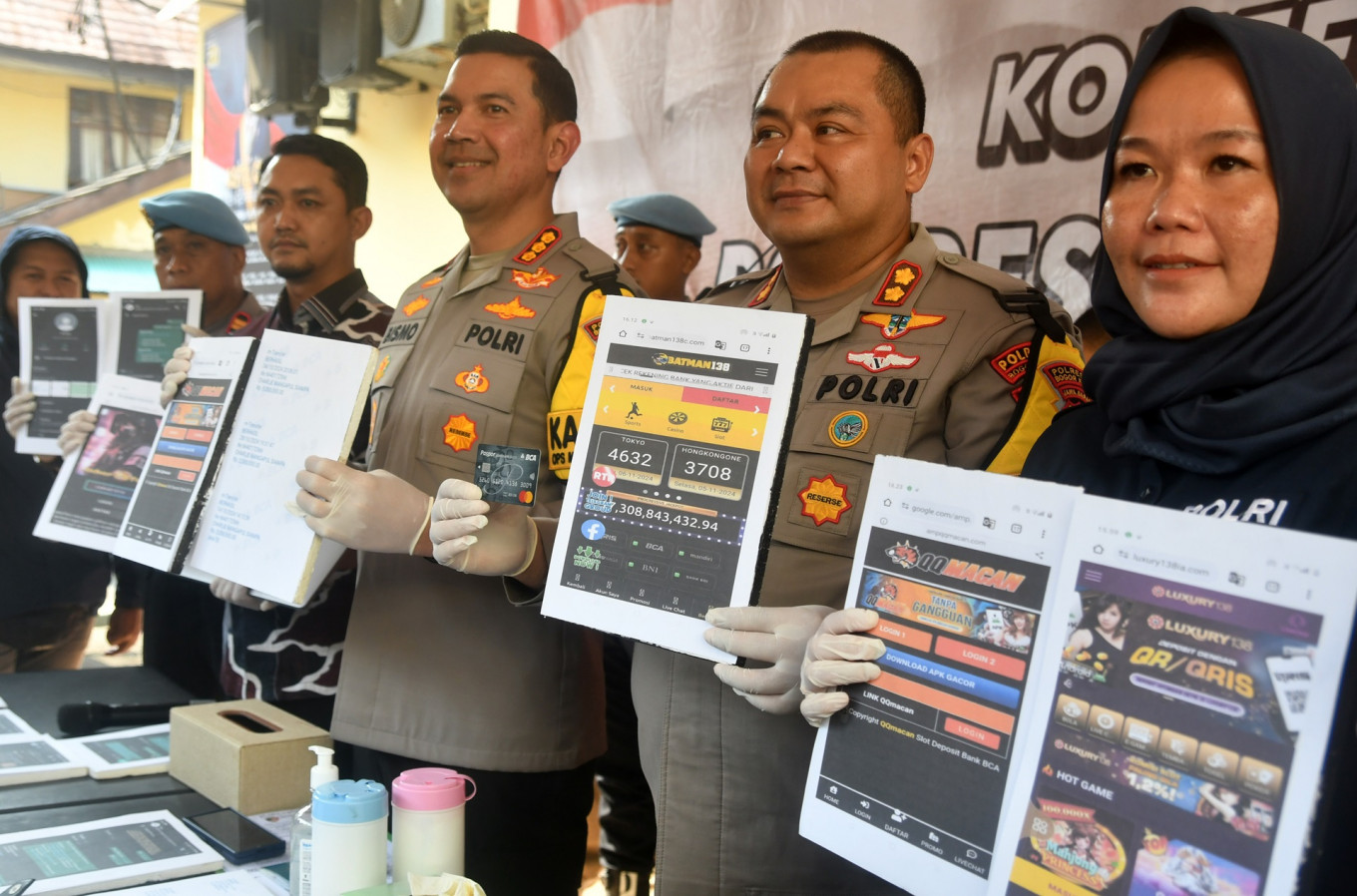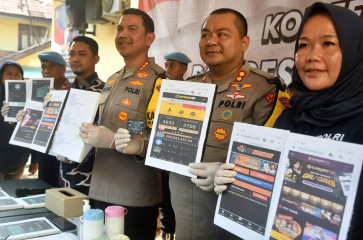Popular Reads
Top Results
Can't find what you're looking for?
View all search resultsPopular Reads
Top Results
Can't find what you're looking for?
View all search resultsReforming KUHAP without redressing the power imbalance
In the name of law, political opponents are criminalized, pressured into submission and absorbed back into the political fold once neutralized.
Change text size
Gift Premium Articles
to Anyone
T
he government and the House of Representatives are currently deliberating a revised Criminal Law Procedures Code (KUHAP) with strong signals that it must be finalized this year to align with the implementation of the new Criminal Code (KUHP) next year. Even during this recess or what might seem like a void time, the public must stay alert and reflect on what is at stake.
The country’s rule-of-law track record hardly inspires confidence. After two terms under president Joko “Jokowi” Widodo, the 2024 Rule of Law Index places the country at 0.53, barely any progress from 0.52 in 2014. Digging deeper, the picture looks even bleaker as criminal justice stands at just 0.39, as Indonesia ranks 12th out of 15 countries in East Asia and the Pacific.
So, any revision of KUHAP, even if just one piece of our legal architecture, should be designed to reinforce the credibility of Indonesia’s criminal justice system.
Peter Rijpkema’s framework in The Rule of Law Beyond Thick and Thin shows that the rule of law operates on two intertwined levels: As a principle of law and as a principle of governance.
As a legal principle, it defines the minimum conditions for a system to qualify as law so that laws must be general, prospective, stable and clear enough to guide behavior. As a governance principle, it requires that power be exercised through rules that treat individuals as responsible agents, as capable of planning their lives. The rule of law, then, is not exhausted by its minimal conditions of legality but necessarily aspires toward a system that safeguards dignity, predictability and human rights.
This vision, however, stands in stark contrast to the way power is exercised in Indonesia today. The ideal of a rule-based state is steadily hollowed out by legal opportunism. Ambiguities in the law are left unresolved and used selectively.
Two patterns dominate this misuse, and in both cases the system keeps its legal face while losing its moral ground. First, the law is used to discipline dissent and domesticate resistance. Political opponents are criminalized, pressured into submission and absorbed back into the political fold once neutralized. Second, civil society, the last standing counterweight to power, is increasingly targeted through legal harassment.


















